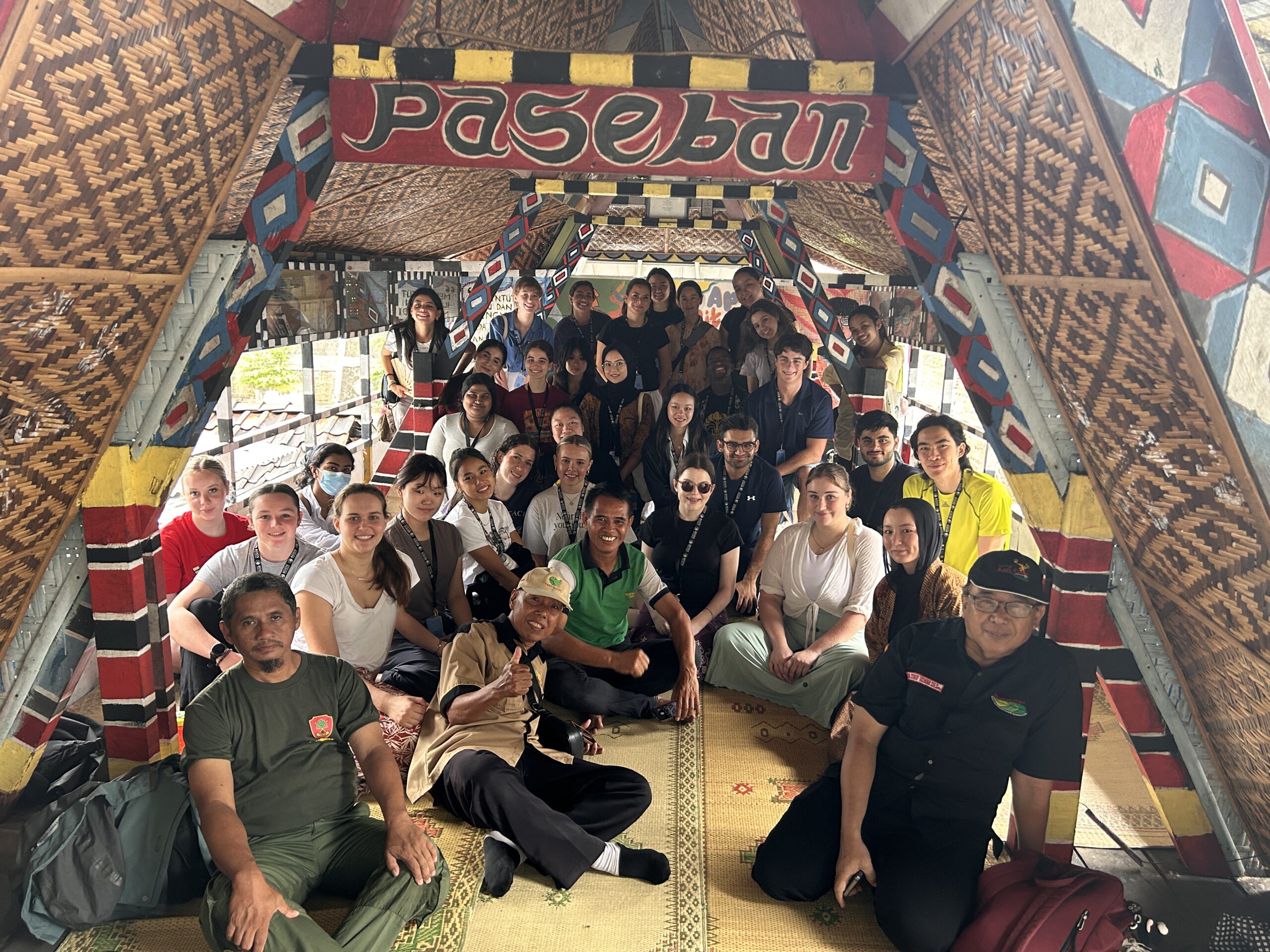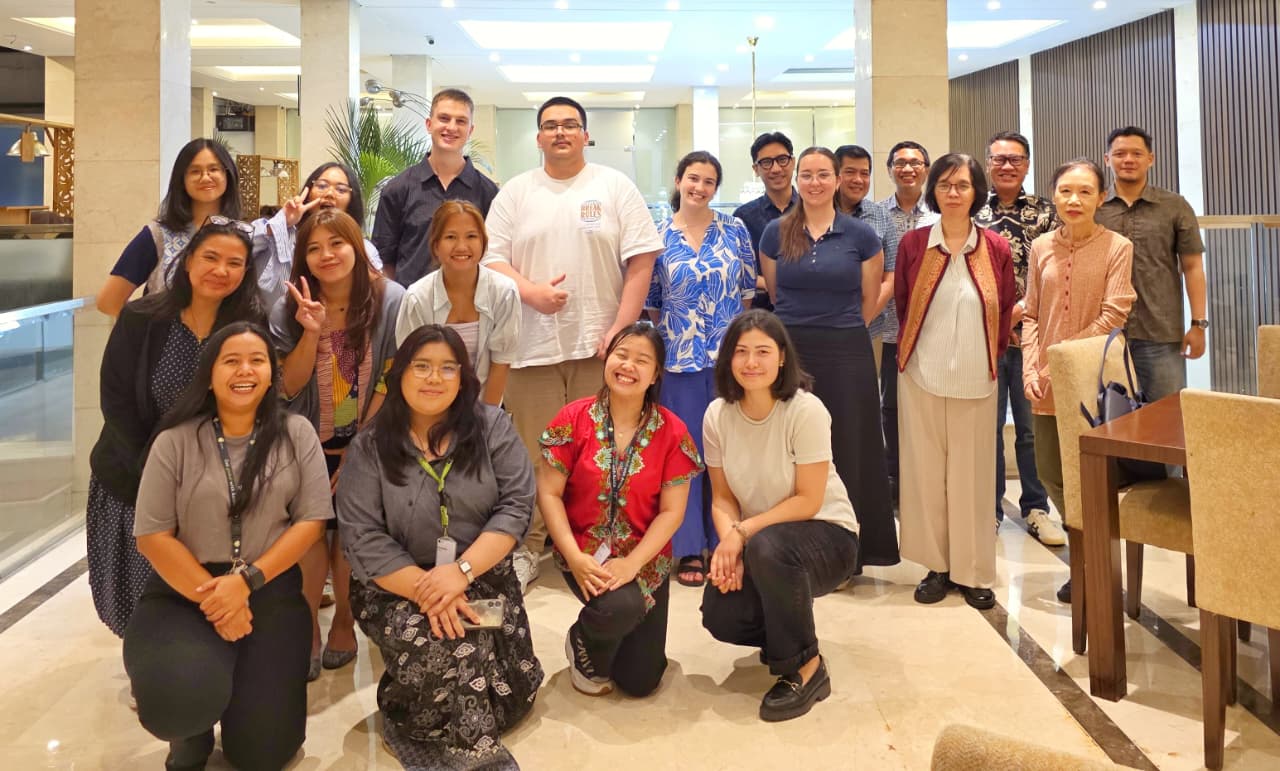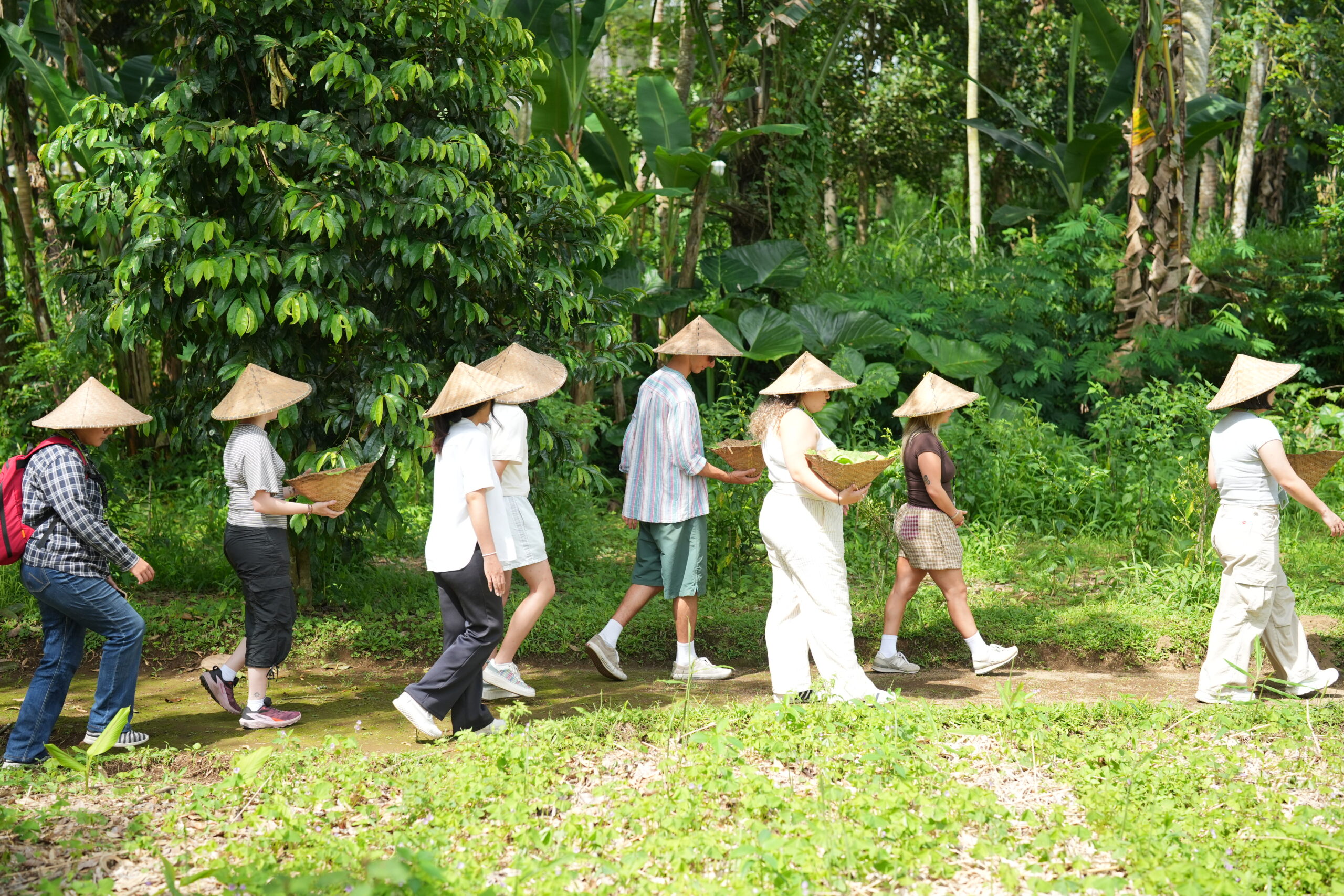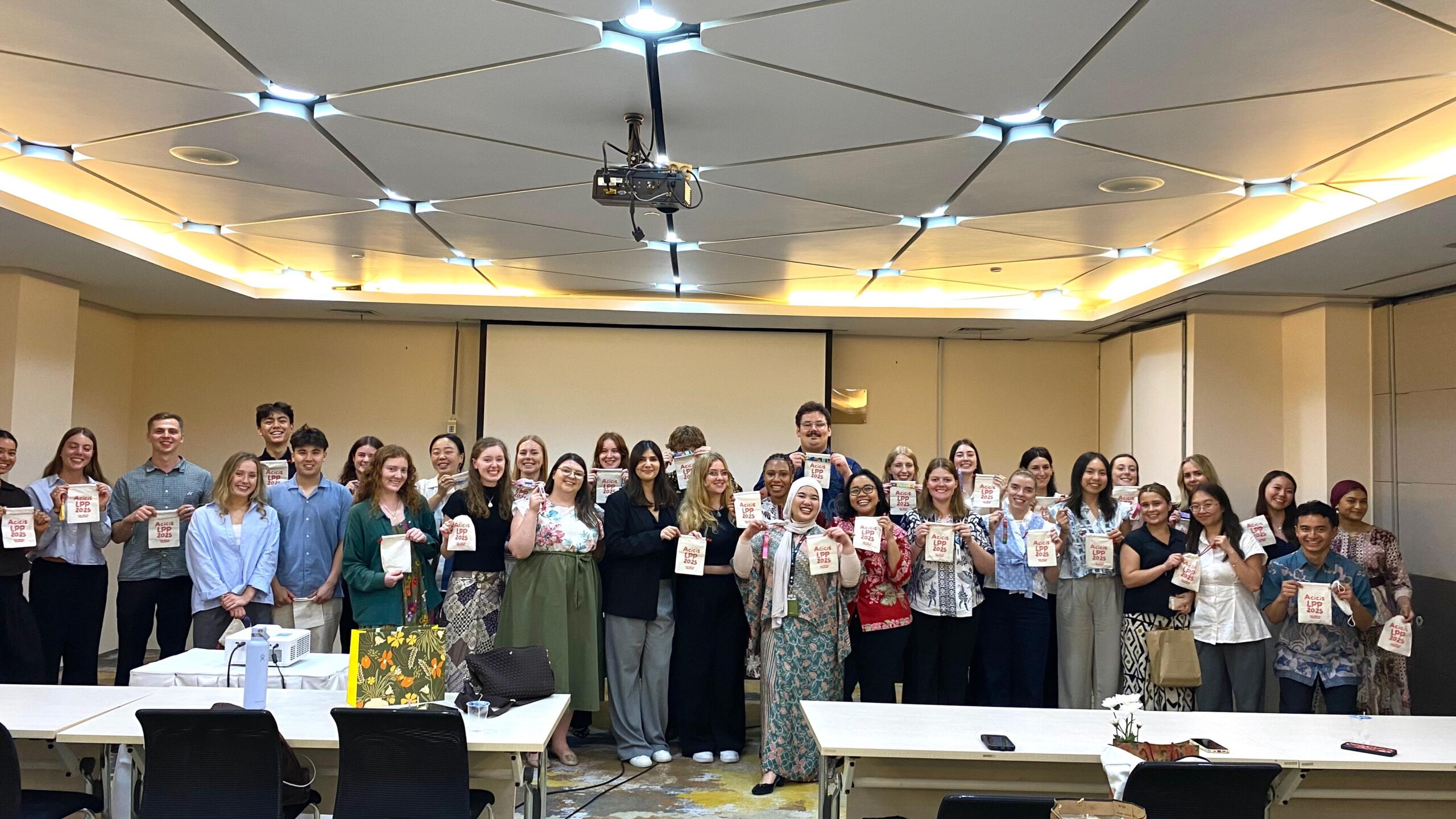
In January 2025, ACICIS welcomed 43 students from 10 Australian universities for the Public Health Study Tour (PHST). Most participants received mobility grants through the Australian Government’s New Colombo Plan (NCP) Mobility Program. Running from January 11 to 26, the program was once again led by Dr. Emily Rowe, who has overseen both virtual and in-country PHST iterations multiple times as the Tour Leader. The tour commenced with an orientation session conducted by ACICIS staff, providing students with an introduction to Indonesia’s public health sector and cultural landscape.
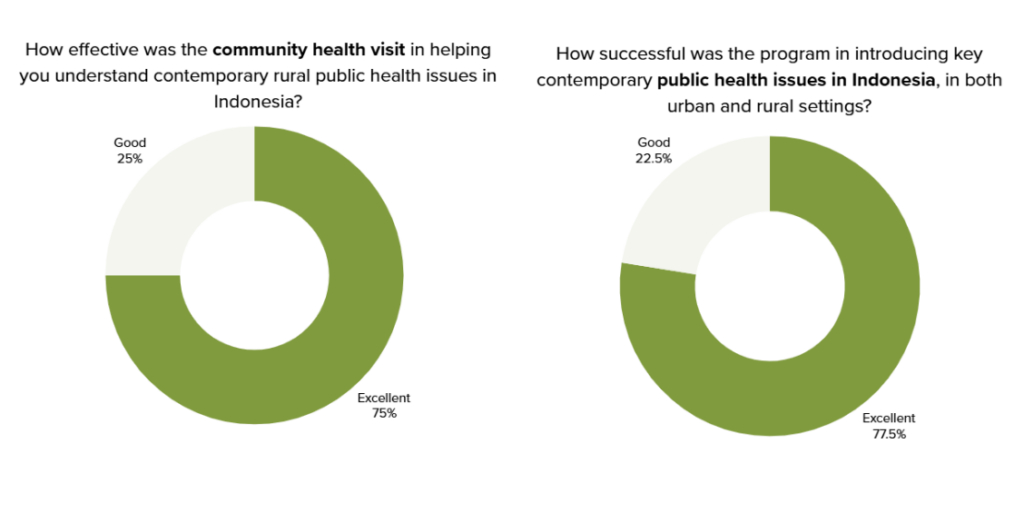
The official opening ceremony was hosted by the Faculty of Public Health at Universitas Indonesia. Held in Depok and Yogyakarta, the program featured a variety of activities, including expert-led seminars, field visits to health-related institutions, and cultural excursions. In addition to attending discussions on diverse public health topics, students visited Universitas Indonesia Hospital, waste management sites in Bogor, YAKKUM Rehabilitation Center in Yogyakarta, the Code River community, as well as Puskesmas (government-mandated community health centers) and Posyandu (community-based health centers for early childhood development).
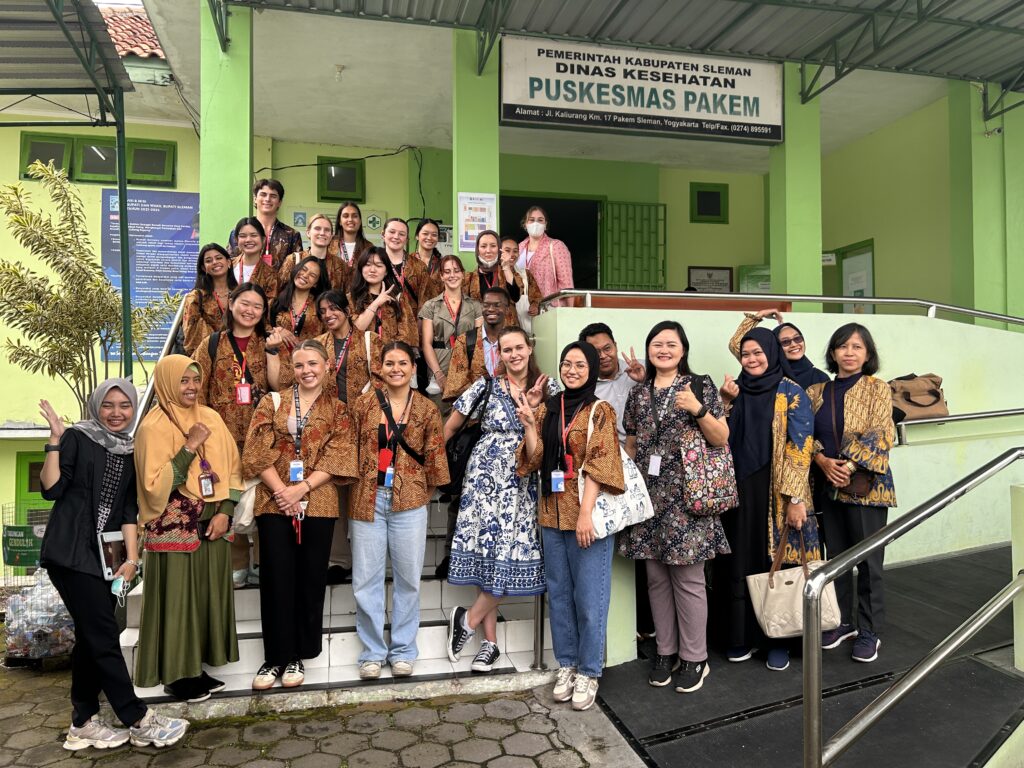
As part of their field visits, students also had the opportunity to explore the work of the Kebaya Foundation in Yogyakarta, an NGO that provides shelter, support, and empowerment for individuals with HIV/AID Sand the LGBTQIA+ community. These visits aimed to give students firsthand experience of Indonesia’s public health challenges and infrastructure.
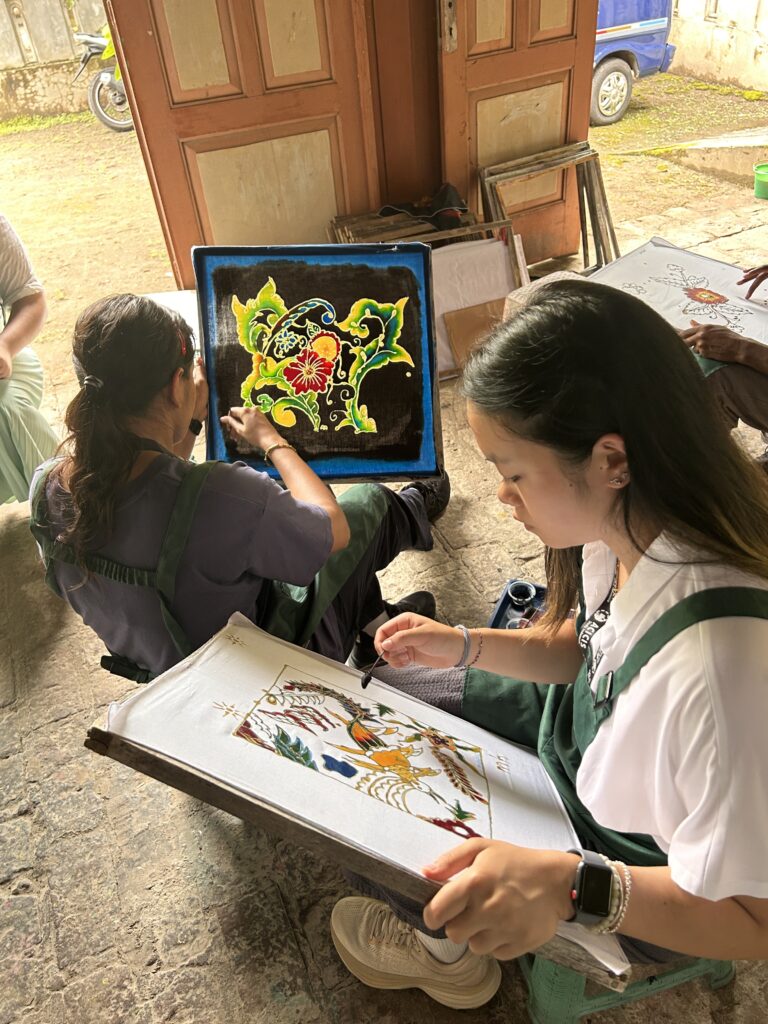
To balance their academic commitments, students participated in cultural activities, including visits to the Batik Museum and Anjungan Bali (Bali Pavilion) at Taman Mini Indonesia Indah (TMII), where they gained insights into the significance of Batik in Indonesian culture and practiced the Balinese Kecak Dance. They also attended a Batik-making workshop in Kebon Agung Tourism Village, where they had the chance to create their own Batik.At the end of each week, students presented their academic findings and recommendations on various public health topics, with their work evaluated by the tour leader and lecturers from Universitas Indonesia. The program concluded with a closing lunch, during which a mini award ceremony was held to recognize students’ enthusiasm and participation. The final highlight of the tour was a traditional dance performance by Sanggar Tari Kusuma Aji, a local dance studio in Yogyakarta. We hope the students found the program enriching and returned home with valuable experiences, knowledge, and lasting friendships. Wishing them all the best in their future endeavors—until we meet again! Sampai jumpa!
